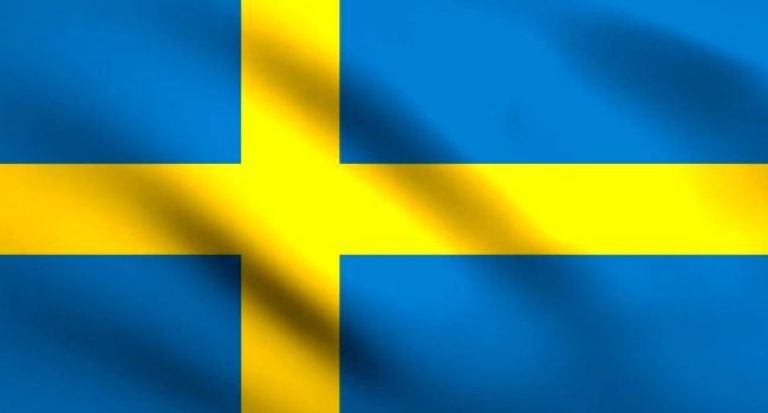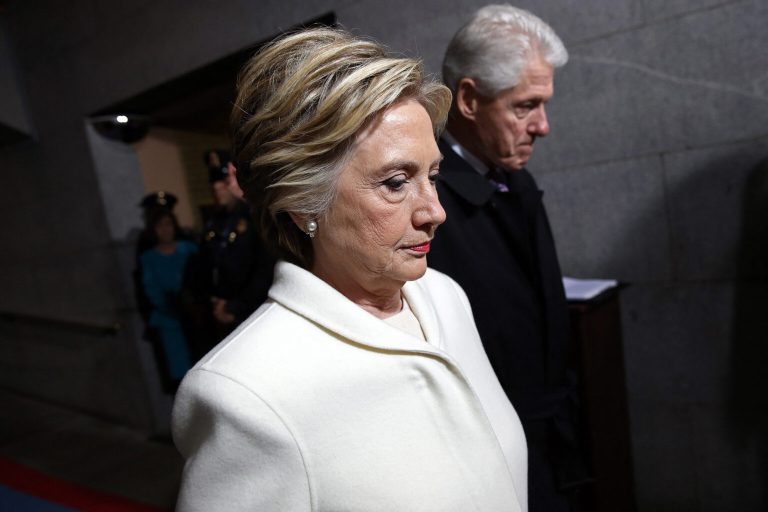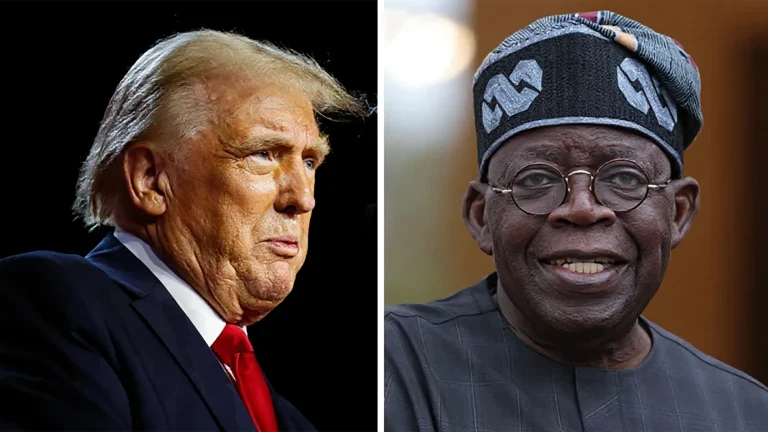
Thousands of health workers around the world administered half a billion vaccinations, over a ten-year period, to stamp out smallpox, the World Health Organisation has said.
In a statement to mark the 40th year anniversary of the eradication of the disease, the WHO said the US$300m price-tag to eradicate smallpox saves the world well over US$ 1 billion every year since 1980.
On 8 May 1980, the 33rd World Health Assembly officially declared: ‘The world and all its peoples have won freedom from smallpox.’
The declaration marked the end of a disease that had plagued humanity for at least 3 000 years, killing 300 million people in the 20th century alone.
Speaking at a virtual event hosted at WHO-HQ, involving key players in the eradication effort, WHO Director-General, Dr. Tedros Adhanom Ghebreyesus said that the eradication of smallpox offers hope for efforts to eliminate other infectious diseases, including polio, which is now endemic in just two countries.
“As the world confronts the COVID-19 pandemic, humanity’s victory over smallpox is a reminder of what is possible when nations come together to fight a common health threat,” he said.
“Many of the basic public health tools that were used successfully then are the same tools that have been used to respond to Ebola, and to COVID-19: disease surveillance, case finding, contact tracing, and mass communication campaigns to inform affected populations.”
To date, 187 countries, territories, and areas have been certified free of Guinea worm disease, with seven more to go. And the fight against malaria has so far resulted in 38 countries and territories certified as malaria-free. In the case of Tuberculosis (TB), 57 countries and territories with low TB incidence are on track to reach TB elimination.
Dr Ghebreyesus said WHO is now working with many partners to accelerate the development of a vaccine for COVID-19, which will be an essential tool for controlling the transmission of the virus.
“But although a vaccine was crucial for ending smallpox, it was not enough on its own,” he said.
“After all, the vaccine was first developed by Edward Jenner in 1796. It took another 184 years for smallpox to be eradicated. The decisive factor in the victory over smallpox was global solidarity.”
WHO Regional Director for Africa, Dr Matshidiso Moeti, said her earliest memories of smallpox is of her father, while she was visiting WHO headquarters, standing with the other experts on the Global Commission.
“I remember him going out, doing follow-up visits with patients. He often would go with a driver and disappear into the bush for days. I felt in awe of his tireless work. The strategies used to eradicate smallpox still apply today.” (Channels TV)










903557 41163Hmm, I never thought about it that way. I do see your point but I think several will disagree 291296